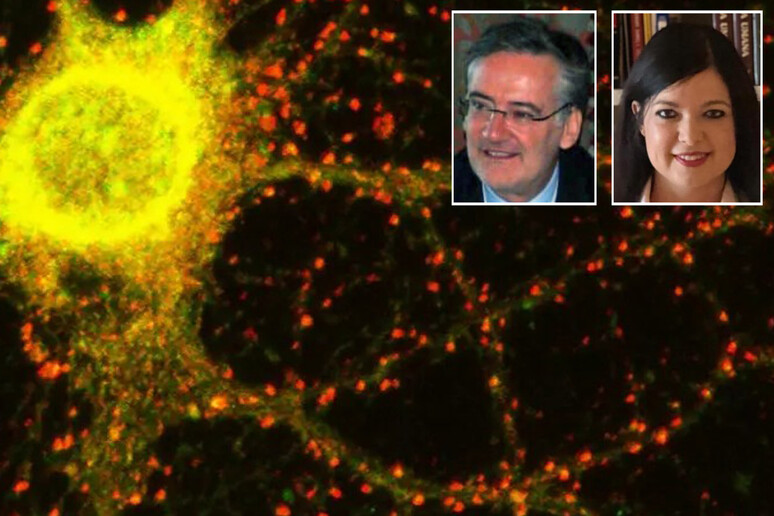The head of Turin's Molinette
Hospital Alzheimer's centre, Innocenzo Rainero, on Sunday hailed
a breakthrough by Italian researchers there who have discovered
a new gene behind the baleful neurodegenerative disease.
"It was great teamwork. We actively collaborated with the
Universities of Pavia and Milan. So it was great teamwork by an
all-Italian team that we are particularly pleased about, which
lasted a long time. 7-8 years have passed since we began
studying the first patients", Rainero told ANSA.
"Then with the development of more modern genetic techniques of
next generation sequencing (which allow us to sequence large
genomes in a short time) we managed to isolate, just like a
needle in a haystack, a rare mutation of a gene that codes for a
subunit of the Nmda glutamate receptor".
At the center of the studies is a family chosen for specific
characteristics of the genetic tree. After the discovery "we
will verify the frequency of these mutations in subjects
affected by the disease and better study the involvement of
glutamate as a therapeutic target".
Alzheimer's, Rainero emphasizes "is an extremely heterogeneous
disease, this is a concept that I am happy to stress in the
sense that there is a genetic predisposition in the majority of
cases but the gene variants are all in all very rare and this,
even if it is a rare mutation, is however of a certain interest
in understanding the mechanisms of the disease".
Glutamate is the most important of the excitatory
neurotransmitters and its mechanism is fundamental for memory
processes.
"When this transmitter is released excessively, it has a toxic
effect on the function of the neuron", says the expert,
explaining that "this study highlights the role of this
neurotransmission system in the development of the disease".
"In the study - he adds - we have also demonstrated in cultured
neurons that the toxic effect also develops with the involvement
of other neuronal proteins.
On the treatment front, precisely because it is a multifactorial
disease, which involves numerous genetic and environmental
factors, the approach to Alzheimer's disease must be a
multidimensional approach.
Both prevention and early diagnosis through the use of
biomarkers are very important.
The pharmacological approach - concludes Rainero - must include
drugs that act on different mechanisms, including those of
glutamate excitotoxicity".
ALL RIGHTS RESERVED © Copyright ANSA











